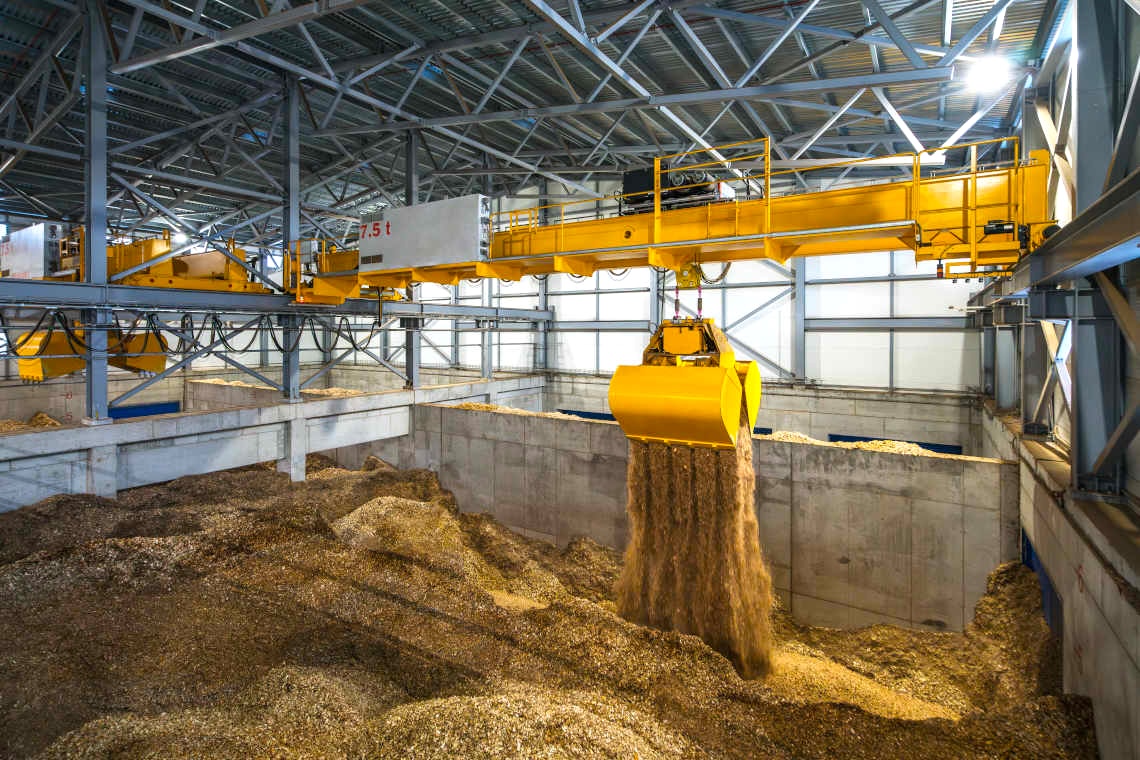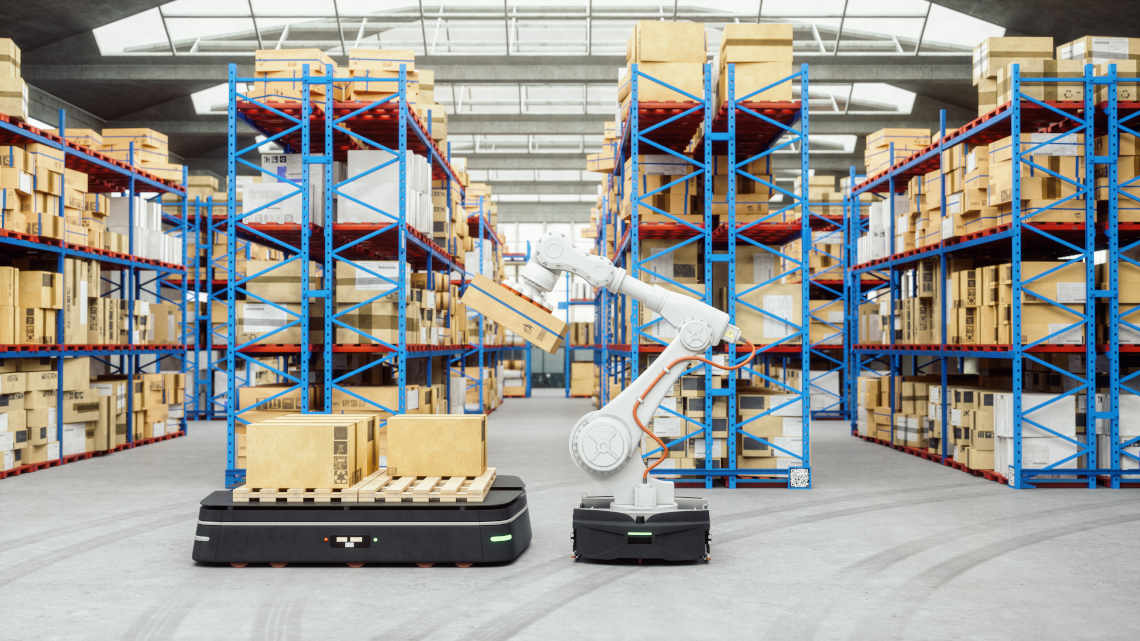造紙、紙漿和林產品自動化和人工智慧諮詢

As AI makes its way onto the horizon, traditional methods of production, processing and management are about to shift – and paper, pulp, and forest products automation and artificial intelligence consulting offer strategies that blend the age-old wisdom of forestry with the cutting-edge advancements of technology.
What Is Paper, pulp, and forest products automation and artificial intelligence consulting?
Paper, pulp, and forest products automation and artificial intelligence consulting help businesses transition from conventional methods to more efficient, sustainable, and cost-effective operations powered by automation and AI.
It involves using technology to perform tasks traditionally done manually, including everything from harvesting and processing raw materials to producing and packaging finished products. Consultants work closely with businesses to identify opportunities where automation and AI can have the most significant impact, develop customized solutions to address specific challenges, and guide navigating the technological, regulatory, and workforce transitions required.
為什麼它很重要?

The global marketplace for paper, pulp, and forest products is highly competitive. Businesses that leverage paper, pulp, and forest products automation and artificial intelligence consulting can significantly enhance their production efficiency, reduce costs, and improve product quality, giving them a distinct competitive edge.
Similarly, with increasing regulatory pressures and consumer demand for sustainable practices, businesses in this sector are under scrutiny to minimize their environmental impact. Paper, pulp, and forest products automation and artificial intelligence consulting can optimize resource use, reduce waste, and lower energy consumption, aligning operations with sustainability goals.
Furthermore, automating routine and hazardous tasks boosts operational efficiency and significantly enhances workplace safety. Additionally, paper, pulp, and forest products automation and artificial intelligence consulting can assist in workforce planning and management, optimizing labor use and improving employee satisfaction.
The Key Benefits of Paper, pulp, and forest products automation and artificial intelligence consulting
The adoption of automation and artificial intelligence in the paper, pulp, and forest products industry, brings many benefits. These advantages propel businesses toward greater operational efficiency and sustainability and enhance their market competitiveness – and here are some key benefits:
- Increased Production Efficiency: Automation technologies streamline manufacturing processes, significantly reducing production times and increasing throughput.
- 降低成本: Businesses can achieve substantial cost savings by automating routine tasks and optimizing resource use. Reduced waste, lower energy consumption, and optimized supply chain operations contribute to lowering overall operational expenses.
- Improved Product Quality: Automation ensures consistent product quality by minimizing human error and maintaining precise control over production parameters. AI can also assist in quality inspection processes, identifying defects the human eye might overlook.
- 增強永續性: Paper, pulp, and forest products automation and artificial intelligence consulting enable more sustainable practices by optimizing raw materials and energy use.
- 創新和產品開發: AI-driven market analysis and customer feedback processing can spur innovation, helping businesses develop new products or improve existing ones to meet evolving market demands.
Expected Results of Paper, pulp, and forest products automation and artificial intelligence consulting

Implementing automation and AI in the paper, pulp, and forest products industry, lead to significant transformative outcomes. These results reflect operational improvements and strategic advantages that position businesses for long-term success.
Here are the expected results from engaging in paper, pulp, and forest products automation and AI consulting:
- Enhanced operational efficiency and productivity by automating routine and labor-intensive processes, leading to faster production times and reduced operational costs.
- Higher product quality and consistency, achieved by leveraging automation for precise control over manufacturing processes and AI for real-time quality monitoring and adjustments.
- Significant sustainability improvements, including reduced waste, optimized resource use, and lower energy consumption, contribute to environmental conservation and regulatory compliance.
- More efficient and resilient supply chains, driven by AI analytics for demand forecasting, inventory management, and logistics optimization, resulting in reduced costs and improved customer satisfaction.
- Accelerated innovation and enhanced market responsiveness, with AI-driven insights into customer preferences and market trends informing product development and strategic decision-making.
- A safer and more empowered workforce, as automation takes over hazardous tasks and employees are redeployed to higher-value roles, enhancing job satisfaction and productivity.
- A strengthened competitive advantage in the market, as businesses that adopt automation and AI are better positioned to offer innovative products, meet customer demands, and operate more sustainably and efficiently.
Technologies We Leverage in This Consulting
In paper, pulp, and forest products automation and artificial intelligence consulting, SIS harnesses advanced technologies and tools. These are designed to address the industry’s unique challenges, enhancing operational efficiency, product quality, and environmental sustainability.
Here’s an overview of the technologies and methodologies SIS typically leverages:
- Quality Control AI Systems: Advanced AI systems monitor product quality in real-time, identifying deviations from standards and allowing for immediate corrections, ensuring consistent product quality.
- Data Analytics and Visualization Tools: By aggregating and analyzing data from various sources, these tools provide actionable insights into operational performance, market trends, and customer preferences, supporting informed decision-making.
- Automated Material Handling Systems: Robotics and automation technologies improve the efficiency and safety of material handling processes, from raw material collection to finished product packaging.
- Blockchain for Supply Chain Transparency: Blockchain technology creates transparent and secure records of product origins, processing, and distribution, enhancing traceability and consumer trust.
Why Engage with SIS International’s Paper, pulp, and forest products automation and artificial intelligence consulting

這 SIS國際 approach to paper, pulp, and forest products automation and artificial intelligence consulting has a holistic, strategic, and client-centric methodology. This approach ensures that clients not only navigate the transition toward automation and AI effectively but also harness these technologies to drive innovation, efficiency, and sustainability. Here’s an in-depth look at the SIS approach:
- 客製化解決方案: Understanding that each business faces unique challenges and opportunities, SIS begins with a comprehensive assessment of the client’s current operations, market position, and strategic goals.
- 利用先進技術: With expertise in the latest automation and AI technologies, SIS advises clients on the most effective tools and systems to enhance their operations.
- 永續實踐: A key component of the SIS approach is sustainability. By optimizing resource use and reducing waste through automation and AI, SIS helps clients improve their environmental footprint and achieve greater operational efficiency.
- Insightful Analytics: SIS provides clients with actionable insights into their operations, market trends, and customer preferences. It enables more informed decision-making and strategic planning.
- Supporting Transition: Recognizing the impact of automation and AI on the workforce, SIS offers guidance on workforce development and change management.
- Ongoing Support: Beyond initial implementation, SIS provides continuing support and advice to clients, fostering continuous improvement and innovation.
- Navigating Regulatory Challenges: SIS assists clients in navigating the complex regulatory landscape of the paper, pulp, and forest products industry, ensuring that automation and AI initiatives comply with all relevant regulations and standards.


